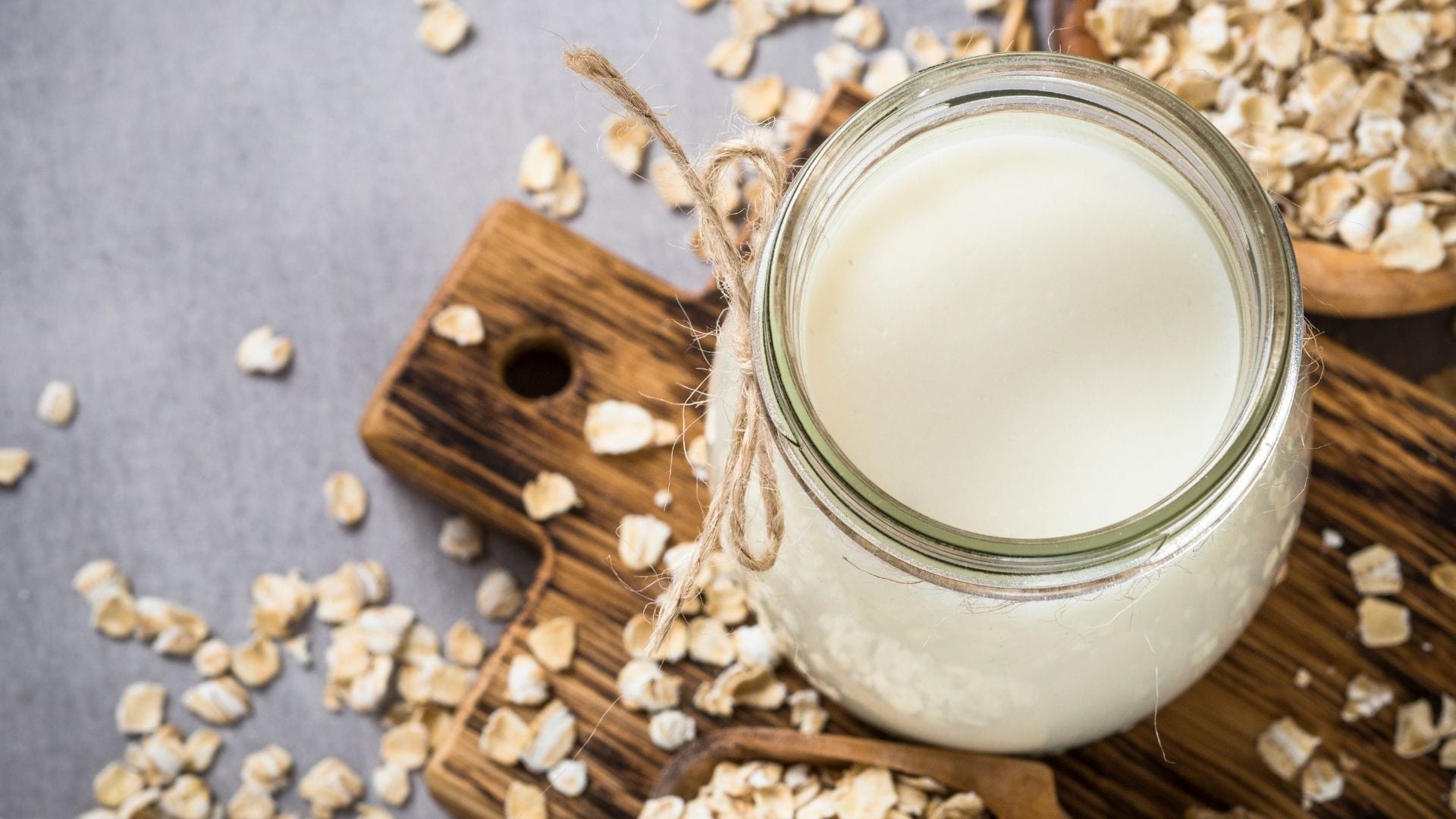Eating oats regularly is well worth it. Find out here what this well-known grain has to offer.
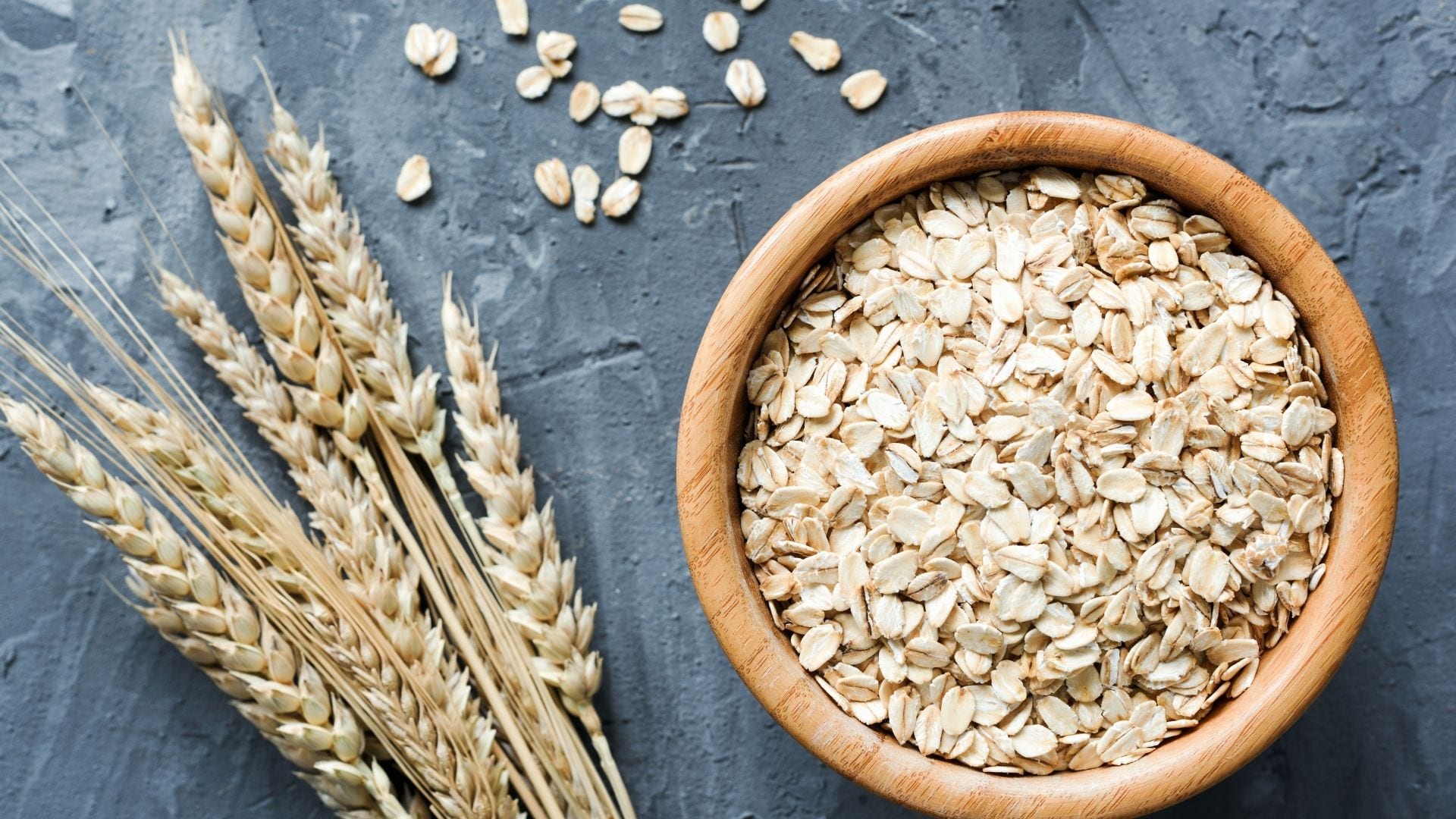
Oat flakes and muesli mixes have become an integral part of the food available to us. Luckily, these cereal flakes which we pour into our breakfast bowl every morning with heavy eyelids and dishevelled hair, have more than earned their place in the kitchen cupboard. This well-known cereal, for example, offers many benefits in terms of health and can also be used in a range of different ways. Oats are true all-rounders. Read on and see for yourself the added value provided by these everyday flakes. This knowledge will help even the grumpiest among us to get going in the morning.
Oats have a long history. They are likely to have been used by humans as an agricultural crop since 5000 BC and were discovered in the Black Sea region and the area of present-day Poland. Nowadays, oats can be found growing mainly in Europe and North America – the low demands the cereal makes on the soil and in terms of climate make this possible. Also, today we have different forms of the crop, of which the so-called seed oats are the most common. Other forms alongside these include naked or sand oats. Oats, incidentally, are less related to cereals such as rye, wheat and barley than these are to each other.
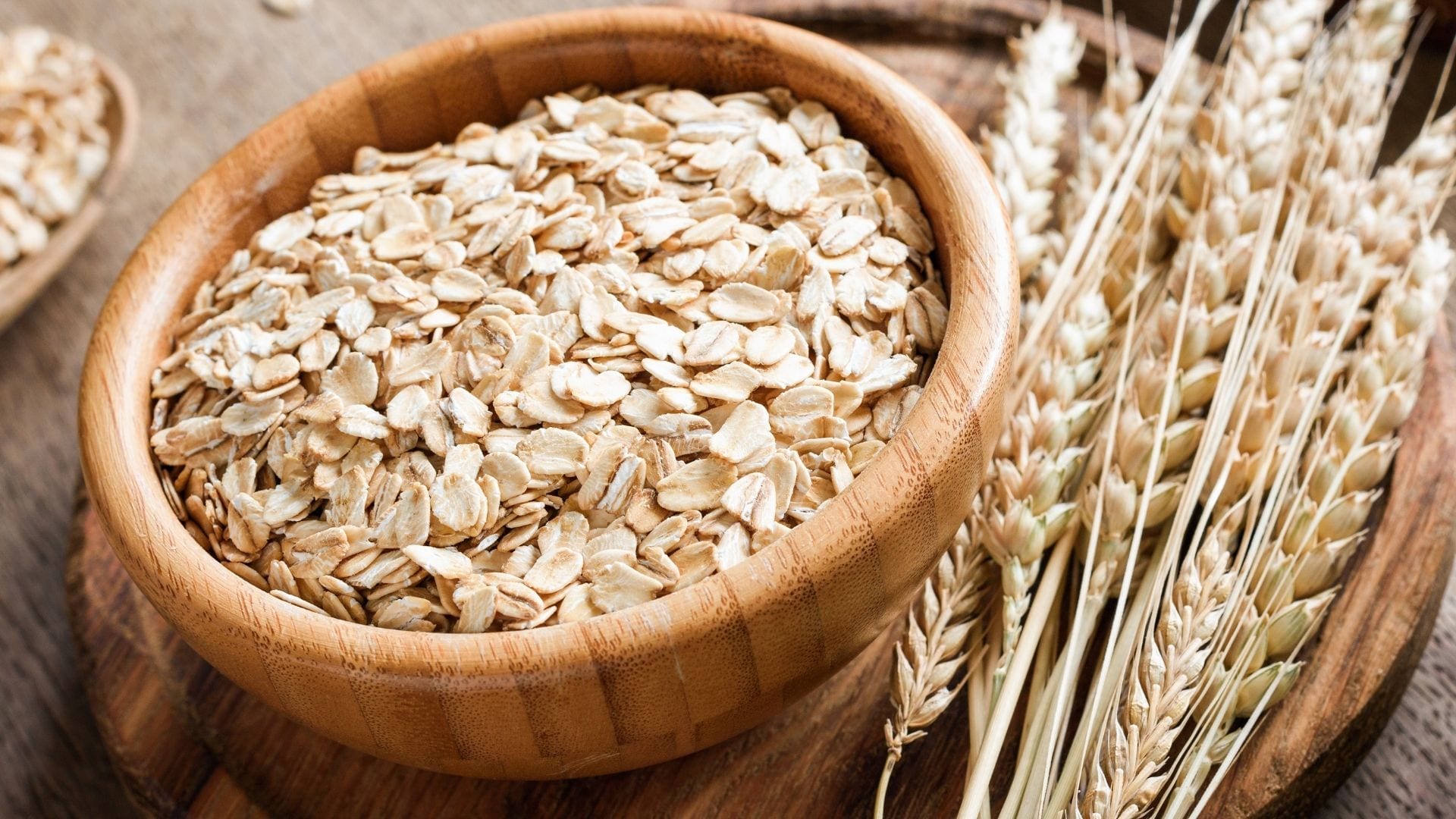
Nutritional enrichment: oats have much to offer in terms of nutrition
Oats stand out from the other cereals due to the much higher content of micronutrients and the highest fat content. The fat they contain is also very high quality, as it has a high proportion of the important unsaturated fatty acids. The levels of protein content in this cereal type are also among the very best. Micronutrients in oats worthy of note are phosphorus, magnesium, iron, zinc and vitamins B1 and E. The antioxidants in oats, specifically the so-called avenanthramides, are also beneficial to our health.
Oats also contain a large amount of indigestible food components, i.e. roughage, which also makes a major contribution to our health. This roughage, for example, slows down the rise of the blood sugar level and has a cholesterol-lowering effect. They also keep you feeling full and, when combined with a sufficient supply of fluids, ensure good digestion.
Oats form an indispensable part of a vegetarian or vegan diet. The reason is that, without meat, plant-based foods are needed as a source of iron. Oats are one of these suppliers of iron. We need a sufficient supply of iron for our blood to form and therefore to maintain our physical and mental performance. Since the consumption of oats can be integrated easily into everyday life, they contribute significantly to covering our iron requirements. In a vegan diet, the high protein content of oats is also a plus.
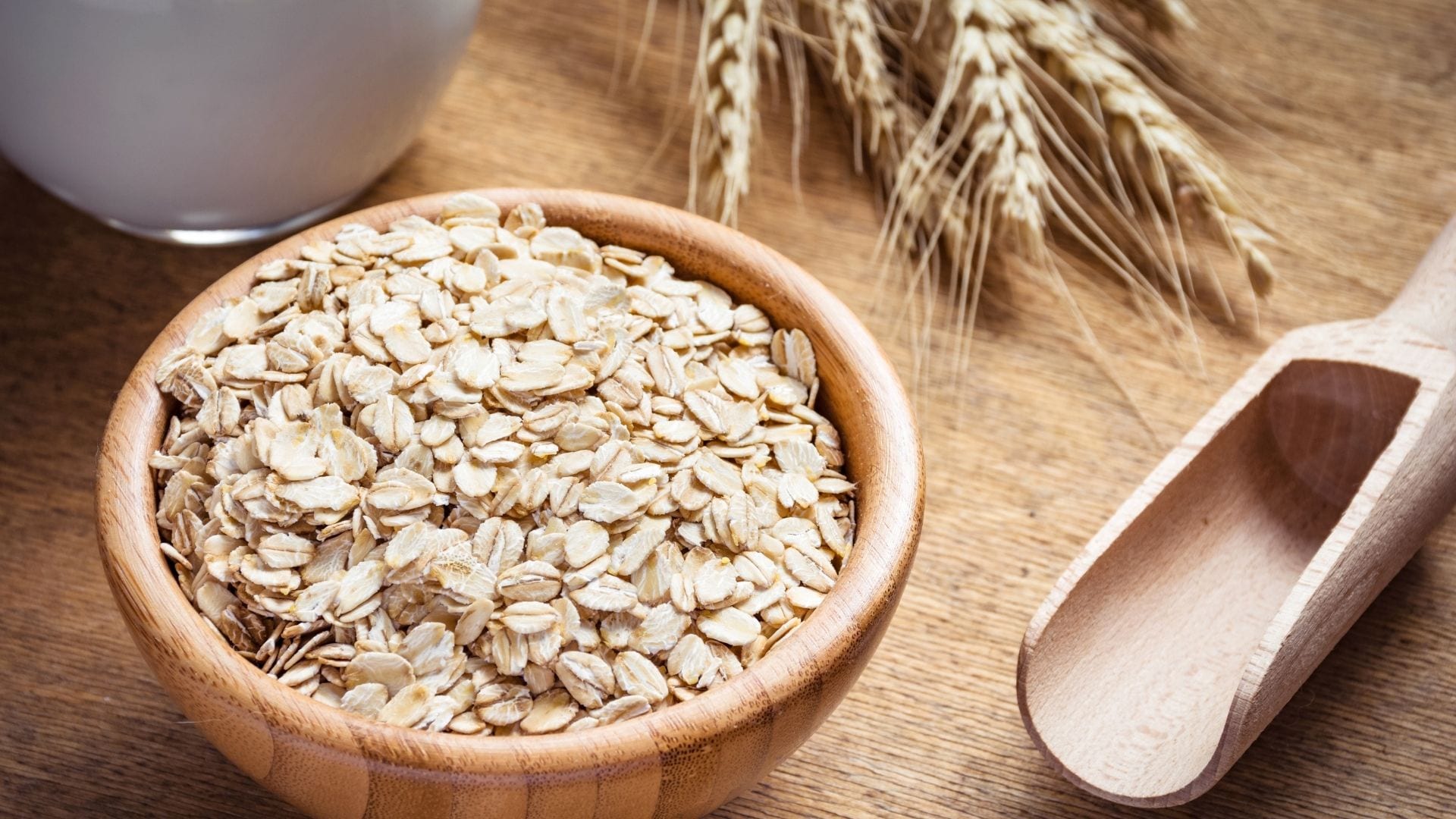
Gluten intolerance – yes or no to oats?
People with a gluten intolerance that causes coeliac disease must avoid gluten-containing cereals at all costs. Even the smallest amounts of gluten-containing cereals will otherwise lead to serious problems. Wheat, spelt, rye and barley contain gluten and are therefore taboo. Millet, maize and rice are excellent, while oats are a more contentious issue. The benefits gained from eating oats make it hard to dispense with them entirely. However, caution is advised.
Even though oats themselves are virtually gluten-free, they are heavily “contaminated” with gluten-containing cereals. It is due to this contamination that normal oat flakes from the supermarket shelf are by no means suitable for people with gluten intolerance! The good news is that special purification processes mean that gluten-free oats are now also available. Oats are then labelled as gluten-free and this is the only way for people with coeliac disease to consume them.
However, in this case care still needs to be taken. Even though the majority of those affected can tolerate gluten-free oats, there are exceptions. The individual tolerance should be tested six months after diagnosis at the earliest and under medical supervision. At this point, consumption of small amounts is recommended at first. The roughage content alone, if unaccustomed to it, can initially cause discomfort. Incidentally, for people who do not suffer from gluten intolerance, there’s no reason to avoid cereals containing gluten.
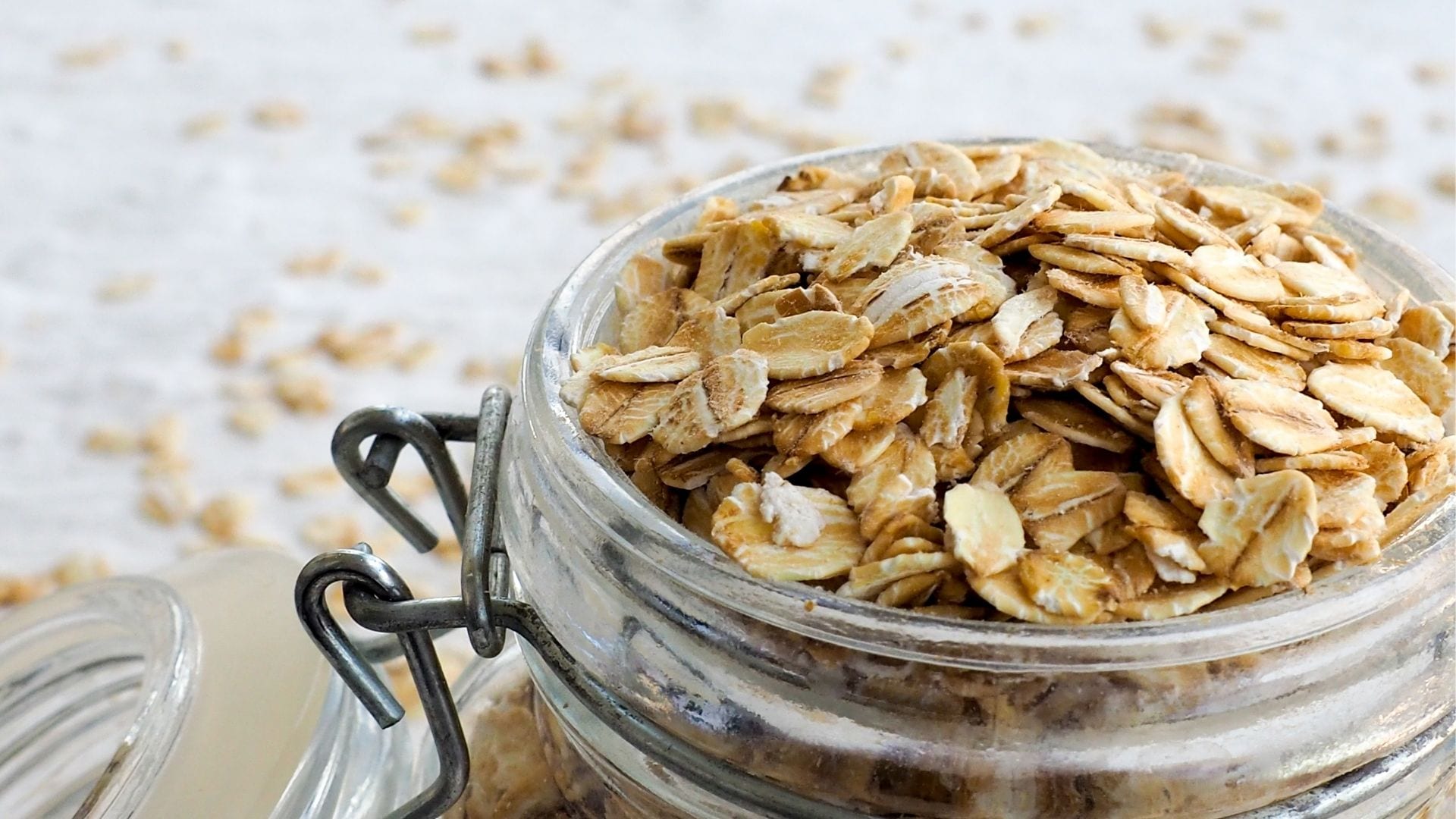
Oat flakes – firm or tender? It’s a matter of taste!
The most famous oat products are our much-loved oat flakes. However, each time there’s a choice to make between firm or tender – and not only that. In addition to these, the range available also includes water-soluble flakes and oat bran. This raises the question of what the difference is? We’ll clear things up!
The different varieties of oat flakes consist always of the whole grain and do not differ in their nutrient content. In comparison to the firm flakes, the tender flakes are simply crushed. The type you prefer is a matter of taste. Even soluble flakes are whole grain. They are produced from oatmeal and are suitable for thickening shakes, dips and soups. They are also the food of choice when it comes to baby food. Oat bran is very different. This consists only of the outer layers of the grain and the germ bud and therefore has a much higher fibre content compared to oat flakes. The protein content is also higher in oat bran, whereas the starch content is lower.
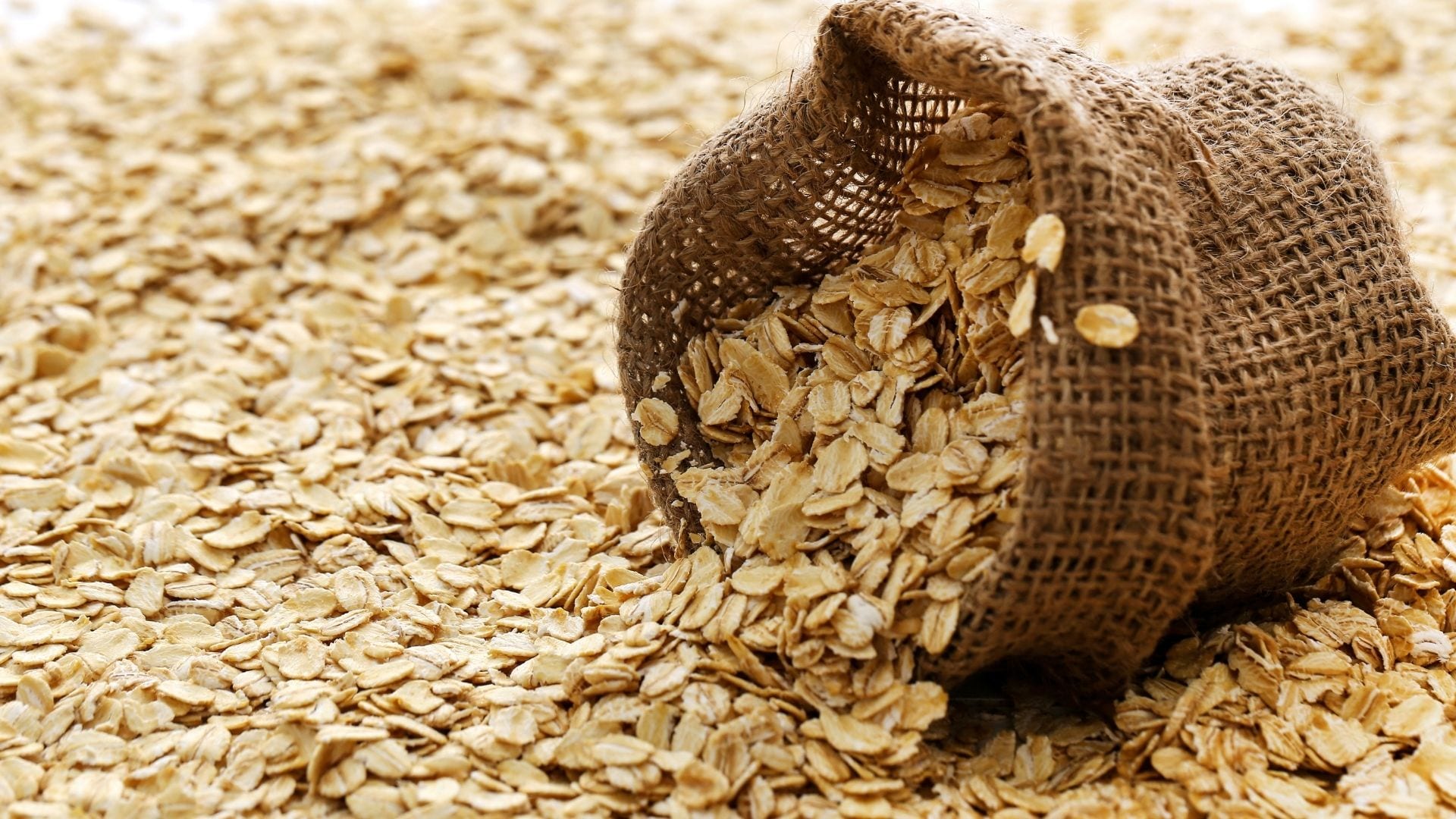
Whether sweet or savoury, oats are a real all-rounder
Whether cold, hot, sweet or savoury, oat flakes have a lot to offer. How about hot porridge in the morning? This Scottish dish, traditionally prepared with water, can easily be varied. Milk or vegan drinks can be used as alternatives when preparing it. The finished porridge can then be spiced up as you wish, for example with fresh fruit or nuts. Our secret tip: try a combination with goat’s cheese and thyme. You can allow free rein to creativity and personal preference.
An enduring breakfast trend are the so-called “overnight oats”. This involves soaking oat flakes in liquid overnight and keeping them cool. This saves time in the morning and gives the flakes a very soft consistency. Add some fresh fruit in the morning, and the trendy oat breakfast is ready to go!
Besides porridge, oat flakes can also be used as an ingredient in cooking. Due to the starch contained in oat flakes, they bind the mass of patties and fritters and are therefore also a popular ingredient for vegetarian meatballs. Oats, on the other hand, are not suitable for baking due to their low content of gluten protein which is responsible for providing good baking properties. However, as a mixed ingredient or topping on the crust of bread, this type of cereal has nevertheless established its place in the baking trade, thus making it a true all-rounder!
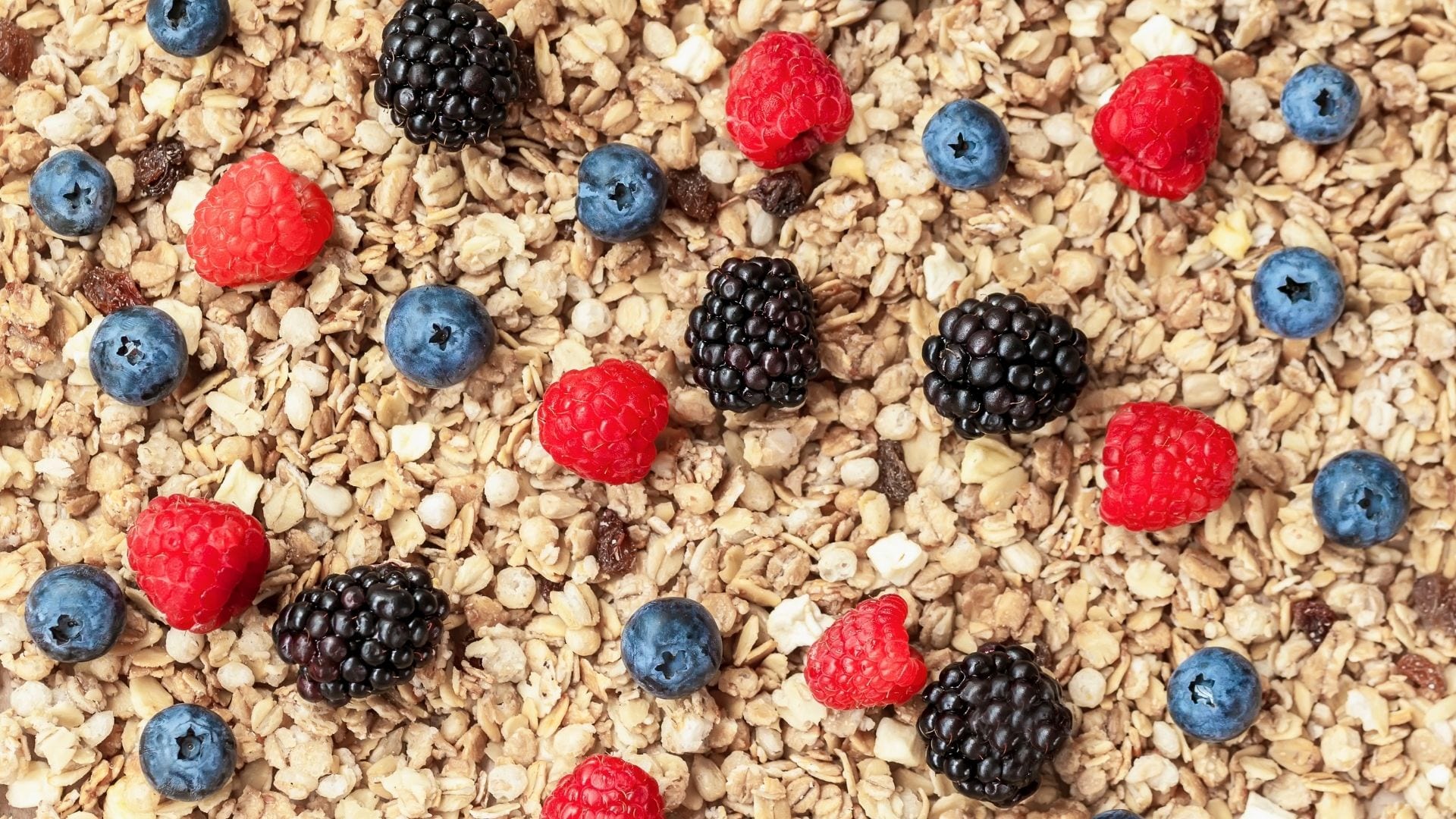
Oat drink – a popular milk substitute
Oats are also at the top of the list of milk alternatives, which is another reason why the grain is a great addition to a vegan diet. Ground flakes boiled with water form the basis of oat drinks. The pulp is then filtered and mixed with enzymes and vegetable oils to produce the milky liquid.
Environmentally, oat drinks perform better than milk or other plant-based drinks – especially if the oats used are grown locally. However, an oat drink contains less calcium than milk. For a vegan diet, the option of calcium-enriched oat drinks is therefore recommended. Since the protein content is also lower than that of conventional milk, the protein requirement must be covered by other foods.
